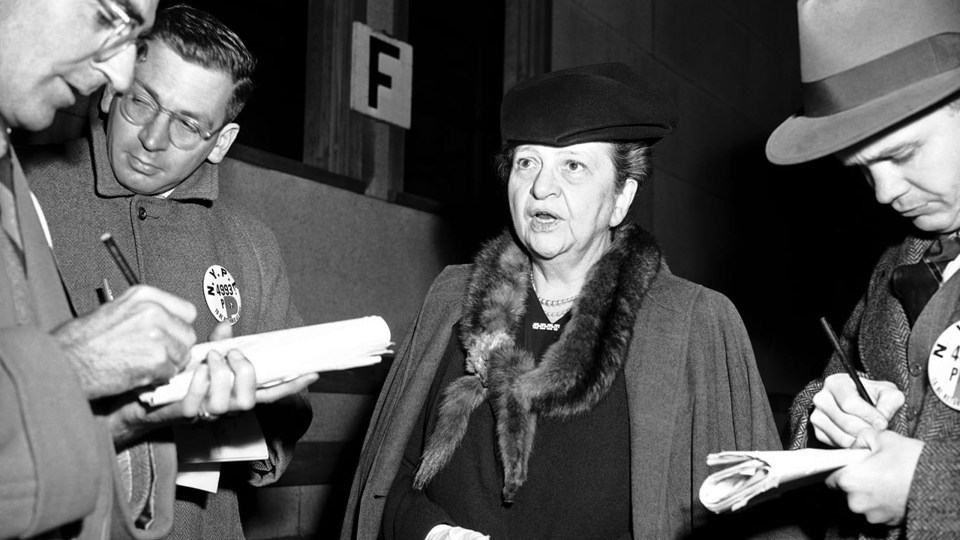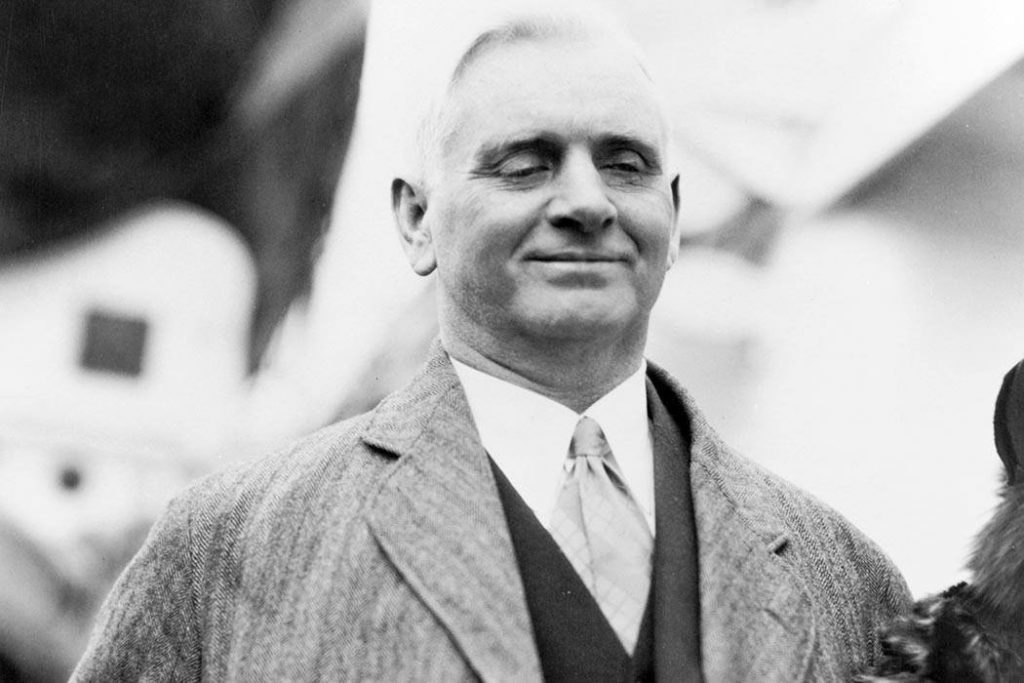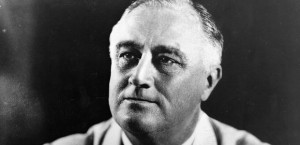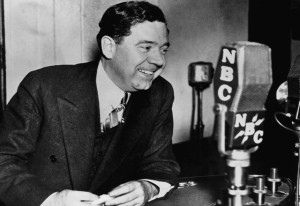It appears after the requisite Senate hearings this week that for the first time in its 172-year history the U.S. Department of the Interior, custodian of 247 million acres of the people’s land – one-fifth of the county – will be headed at long last by a genuine American, and a woman to boot.
New Mexico Representative Deb Haaland, a citizen of the Laguna Pueblo, will become the first Native American to helm the agency, a historic moment that some Senate Republicans seemed determined to soil with fake outrage and empty bluster. Haaland took it all with grace and dignity, telling the fire breathing John Barasso of Wyoming and Steve Daines, the rightwing zealot from Montana, after swatting away or correcting their nonsense, that she would be pleased to work with them.

This moment has been a very long time coming. With Haaland’s tenure, as Native American writer Julian Brave NoiseCat noted, “the inclusion of everyone—including and especially the erased and forgotten First Peoples of this land” will finally have taken place.
The Founding Generation – Jefferson, Madison, Hamilton and others – perhaps more than any other generation, at least until fairly recently, confronted the dichotomy of what the government of the United States visited upon the real first Americans.
Writing in 1818, President James Monroe, for example, acknowledged the burden of guilt associated with the wholesale white appropriation of the subsistence lands of Native Americans. “The progress of our settlements westward,” Monroe said, “supported as they are by a dense population, has constantly driven [native people] back, with almost the total sacrifice of the lands which they have been compelled to abandon.”
Monroe said the dominate culture had to recognize native claims “on the justice of the nation,” claims sadly that have rarely been honored in the intervening 200 years.
There have been many efforts aimed at redressing injustices to Native Americans, but they have often collapsed or simply been inadequate. In 1933, one of America’s great secretaries of the Interior, Harold Ickes, a crusty, opinionated Chicago progressive in the tradition of Theodore Roosevelt, was determined to turn the federal government’s fraught relationship with the original Americans on its head.
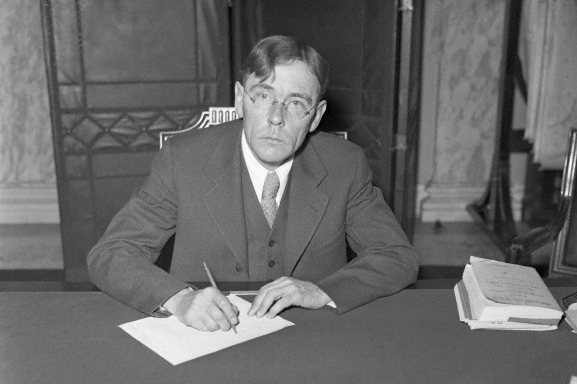
Ickes convinced President Franklin Roosevelt to allow him to appoint a controversial Native American rights activist and sociologist, John Collier, as head of the Bureau of Indian Affairs (BIA). Collier was a quirky, if effective bureaucrat. He habitually smoked a corncob pipe, wore a baggy sweater in place of a suit jacket and was said to frequently carry a pet frog in his pocket. Few politicians liked him, but fewer still questioned the authenticity or depth of Collier’s commitment to more self-determination for tribes and individuals.
Collier’s legacy, mostly good for, but tinged with some bad, has been defined by “the Indian New Deal,” the 1934 Indian Reorganization Act that sought a wholesale realignment of federal government policy toward Native American tribes. Yet, even Collier’s well-intentioned strategy was, as many critics have noted, based on a white man’s understanding of what was good for the First Peoples. Even best intentions can be paternalistic and misguided.
The paternalism problem is perhaps best illustrated by the fact that when Collier’s appointment was announced some Indian rights advocates said if Roosevelt really sought to create a New Deal for Indians he should put a Native American in charge of the BIA. The suggestion was quickly dismissed by members of Congress who confidently and incorrectly asserted that no Native American was qualified for the job. The same attitude has hovered over the secretary’s position for generations, until now.
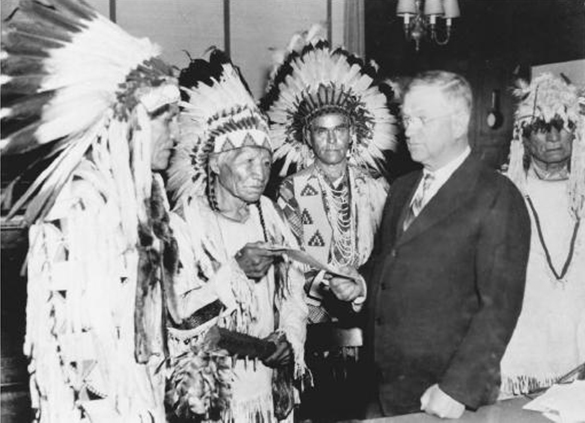
In our profoundly partisan times it was gratifying to see Haaland introduced for her Senate confirmation hearing by Alaska’s very conservative Republican congressman Don Young, who unreservedly endorsed his Democratic colleague. “She has worked with me,” Young said. “She has crossed the aisle, and as a member of this administration, I know she will do a good job.”
“Respectfully,” Young continued, “I want you to listen to her. Understand that there’s a broad picture.” Some senators, thinking all wisdom resides on their side of the Capitol, weren’t listening.
Proving the old adage that to understand politics you need merely to “follow the money,” Barasso, the ranking Republican on the Senate committee, claimed Haaland harbored “radical views” on fossil fuel development and use. The senator has received more than $1 million in campaign cash from oil and gas interests during his time in the Senate, and clearly knows which interest primes his political pump.
Haaland, ready to assume a job that will be consumed by a broadening climate crisis, replied to the senator from oil and gas with the only sensible answer possible: fossil fuels will be around for a long time, but developing alternatives is just plain common sense.
Other Republicans complained about protections of culturally important native lands that, at least in the view of Utah Republican Mike Lee, ought to be exploited no matter the cost. Haaland’s steady demeanor and deep personal and cultural connection to the American West will surely lead her to find a better balance than what another great Interior secretary, Cecil Andrus, once called the policy of “rape, ruin and run.”
The profound elevation of Native American perspective and wisdom inside the Biden Administration was further underscored by another announcement last week. Nez Perce Tribal member Jamie Pinkham, a wise, committed, collaborative and deeply respected expert on Northwest fish and wildlife issues, will have a high impact position with the Army Corps of Engineers, an agency rarely known to be sensitive about anything other than protecting its own turf.
Haaland’s appointment – and Pinkham’s as well – rather than being condemned by some as “radical,” deserve widespread praise, not only for the quality of the individuals involved but also for what the personal experience from Indian County brings to a federal government that has long marginalized, ignored, demeaned and disrespected the first Americans.
The only thing radical here is the over-the-top reaction to the reality that a capable, unflappable indigenous woman will finally have a job that should have been the domain of a Native American generations ago.
—–0—–
Additional Reading:
Some worthy reads…
The far right’s big money strategy has poisoned our politics
Since there is no promotion like self promotion, here’s my piece that was in The Washington Post’s “Made by History” section this week. This section has been developed by the paper, but is edited by historians in order to provide opportunities to put current events in perspective.
The piece is based on some of the research I did while developing my new book Tuesday Night Massacre.
American Cynicism Has Reached a Breaking Point
Megan Garber writes in The Atlantic about how lies, disinformation and distrust have warped culture and politics. You knew that, of course, she just tells the story really well.
“One of the insights of Merchants of Doubt, Erik Conway and Naomi Oreskes’s scathing investigation into the American tobacco industry’s lies about its products, is that the deceptions were successful in part because they turned cynicism into a strategy. Faced with a deluge of studies that made the dangers of smoking clear, tobacco firms funded their own—junk research meant not to refute the science, but to muddle it. The bad-faith findings made Americans less able to see the truth clearly. They manufactured doubt the way Philip Morris churned out Marlboro Lights. They took reality and gave it plausible deniability.”
The Wasting of the Evangelical Mind
Michael Luo writes in The New Yorker about how a large segment of American Christianity has embraced conspiracy and misinformation.

“Falsehoods about a stolen election, retailed by Donald Trump and his allies, drove the Capitol invasion, but distorted visions of Christianity suffused it. One group carried a large wooden cross; there were banners that read ‘In God We Trust,’ ‘Jesus Is My Savior / Trump Is My President,’ and ‘Make America Godly Again’; some marchers blew shofars, ritual instruments made from ram’s horns that have become popular in certain conservative Christian circles, owing to its resonance with an account in the Book of Joshua in which Israelites sounded their trumpets and the walls of Jericho came tumbling down. The intermingling of religious faith, conspiratorial thinking, and misguided nationalism on display at the Capitol offered perhaps the most unequivocal evidence yet of the American church’s role in bringing the country to this dangerous moment.”
Worth your time in understanding the near total embrace by evangelicals of Donald Trump.
How Marty Baron and Jeff Bezos Remade The Washington Post
Marty Baron steps down as editor of the paper that he and the Amazon founder remade into a journalist behemoth.
“It is a happy ending for The Post, for Mr. Baron and for Mr. Bezos, who earlier this month announced that he was stepping down as chief executive of Amazon to spend more time with other pursuits, including The Post.
“It is a less happy ending by implication for local newspapers elsewhere, which are increasingly owned not by benevolent billionaires but chains that answer to Wall Street and generally lack the name brand that made The Post’s quest for digital subscribers across the country plausible. As The Post’s fortunes have flourished, the fate it escaped has grown grimmer.”
Great story in The New York Times about The Washington Post.
——
And Vanity Fair did an interesting exit interview with Marty Baron, including details of – surprise – when Donald Trump called to complain about a story.
Thanks for reading. Stay safe. Wear your mask. Get your shot when you can.

